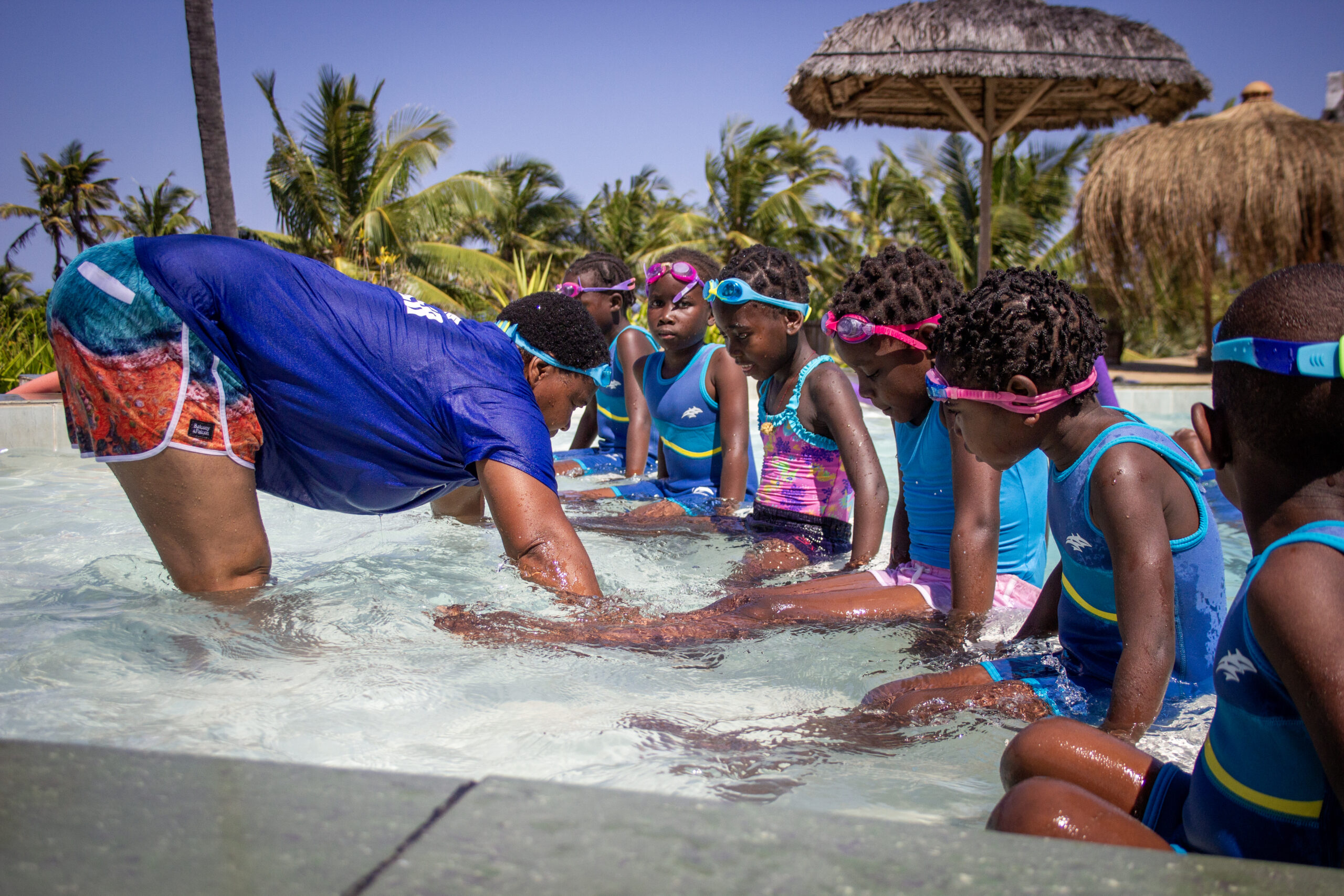Zág women defending earth and climate
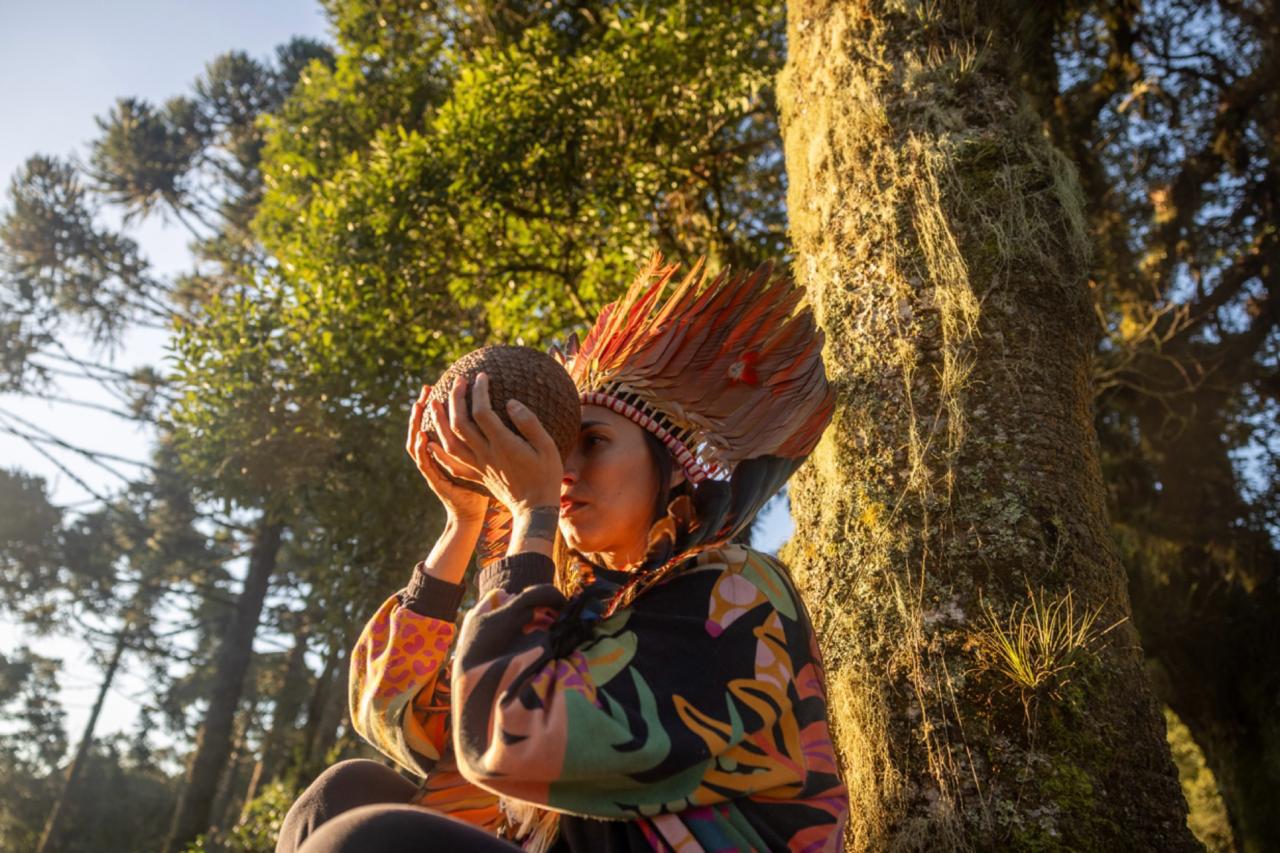
The Zág Institute acts to save the endemic Araucaria tree, known as Zág, and preserve the Laklãnõ-Xokleng traditional knowledge in the Brazilian Atlantic Forest. The project fosters Indigenous Women’s central role in restoring ancestral practices for biodiversity protection by giving them a coordinating role in conducting reforestation programs. They focus on educating youth, reintroducing native… Read More
Tajik mountain women leading the solar energy just transition
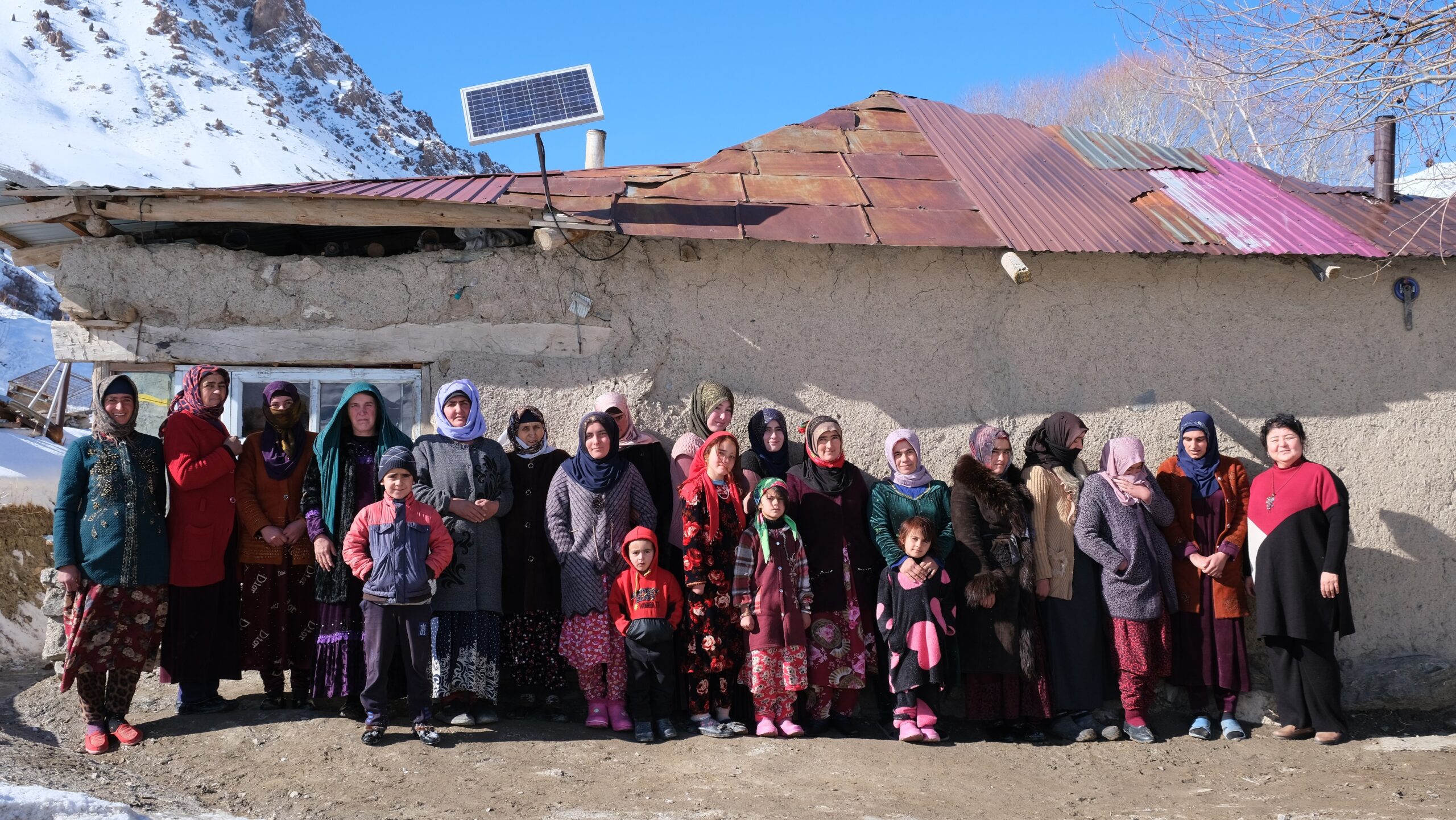
In the remote Yagnob Valley of Tajikistan, The Little Earth supports mountain-dwelling women to break isolation and implement a just energy transition. 40 women from 11 villages, who rely on kerosene and firewood, have been trained to use and maintain solar devices and resource efficient technologies. This shift reduces environmental degradation in fragile ecosystems and… Read More
Feminist framework for gender equitable climate disaster response
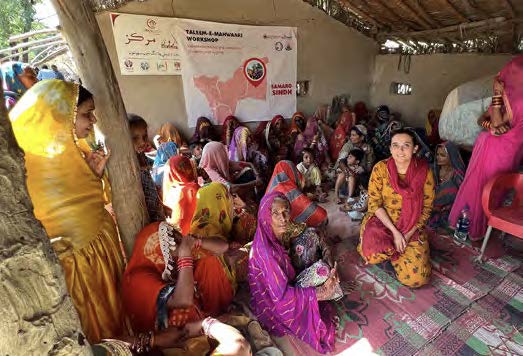
Baithak CSO and DASTAK Foundation, in their collaborative efforts to respond to the disastrous droughts and floods in Pakistan with a gender-just and an intersectional approach, developed a strategic framework tool for policymakers and practitioners. It offers actionable recommendations for gender-equitable response measures that meet the specific needs of women and girls during climate disasters… Read More
Indigenous women uniting to bolster their knowledge and resilience to climate impacts
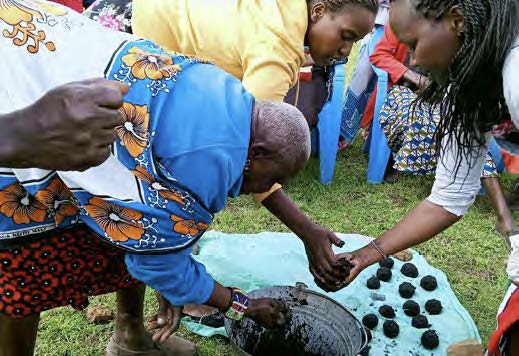
This unique network of 64 Indigenous women CSOs has engaged over 1,000 women and girls in climate mitigation and adaptation strategies that improve water and food security for their communities. They have established kitchen gardens and are generating alternative sources of income through organic briquette making, native species tree planting, beadwork, medicinal herb collecting, and… Read More
Build for Safety: women contributing to climate resilient housing in Bangladesh
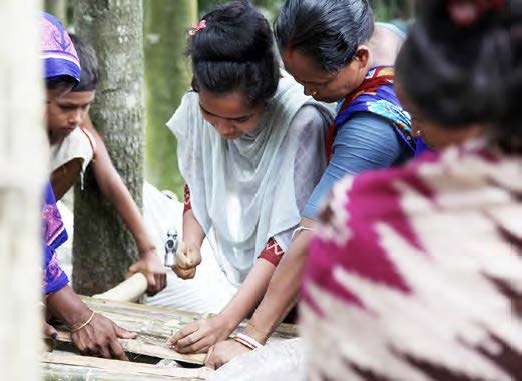
In Dinajpur, Bangladesh, a construction training program led by AzuKo and a local NGO supports impoverished women with a comprehensive strategy. The program contributes to enhancing community resilience to climate-induced disasters by promoting eco-friendly design and locally available materials and strengthening women’s skills in the male dominated building sector. This multifaceted initiative challenges patriarchal norms… Read More
Advancing the labor rights of women cotton pickers in Pakistan
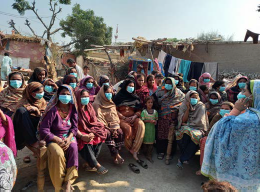
Description of the project: The Sindh Community Foundation uses a Feminist Participatory Action Research (FPAR) approach to support the demands of women agriculture workers – particularly cotton pickers – for better working conditions and health services in response to rising temperatures. Located in the Matiāri District of Pakistan, the foundation developed an innovative advocacy strategy… Read More
Women Barefoot Ecologists bridge ancestral knowledge with modern science to protect their ecosystems
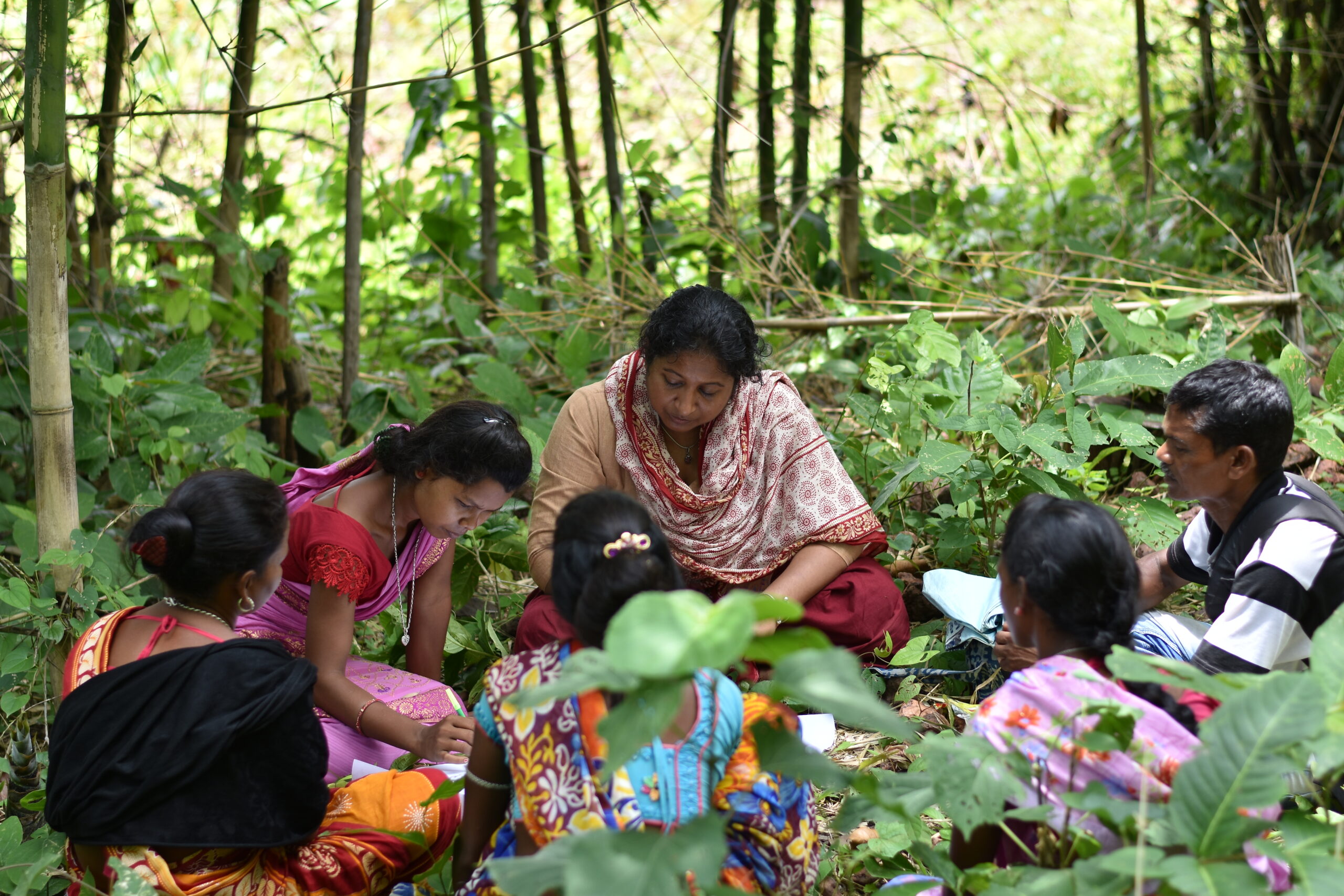
Description of the project: Women Barefoot Ecologists are 20 indigenous women from Tamil Nādu and Kerala who have strengthened their capacities to link Traditional Ecological Knowledge (TEK) with modern scientific methods to observe and monitor climate impacts on their forests, rivers, and farms. Practical observation with village elders as well as data collection and analysis… Read More
Women revolutionizing the shea butter sector
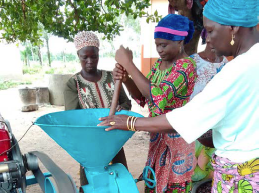
Description of the project: In the village of Kelizio, Togo, women build on the production of shea butter to strengthen their economic autonomy. 50 shea butter producers decided to install a photovoltaic (PV) solar plant to power their mill. They are decarbonizing their product processing and strengthening the sustainability of this sector. They invested in… Read More
Strengthening women environmental defenders through a digital and advocacy network
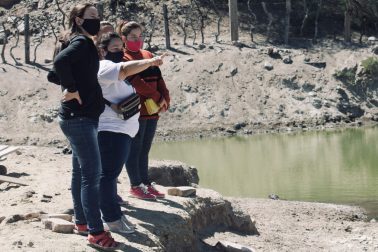
Description of the project: ‘Defensoras Ambianales’ empowers women environmental rights defenders from indigenous peoples and local groups in Argentina, Bolivia and Paraguay, with a gender justice perspective. A network of over 1,200 women has been built, and an innovative mobile phone application (PLAC) was launched to inform, connect, protect and communicate efficiently. This supports the… Read More
Mealflour: empowering indigenous women in Guatemala for climate resilient food sovereignty
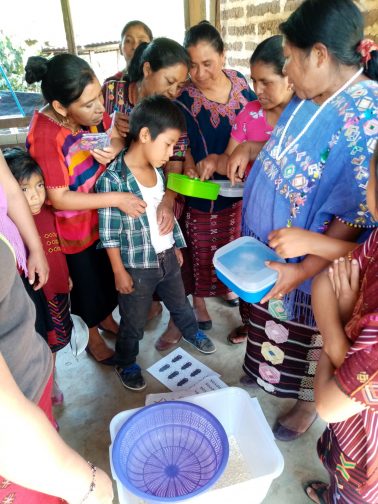
Description of the project: Todos Juntos works since 2016 with indigenous women in Guatemala to improve their nutrition and environment. Supported by university researchers, the association trained 100 women in 4 communities, to set up mealworm farms that ensure an affordable and sustainable source of protein. Rural women are empowered as “ambassadors” of mealworm farming… Read More
Solar Age Project: Empowering refugee women through solar engineering
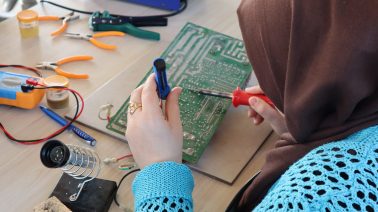
Description of the project: Since 2018, the Solar Age project supports Syrian women refugees in Turkey. The Solar Engineering Course, a 10-day theoretical and practical training in solar energy, benefitted 200 women refugees. Among them, 20 have also been trained to build EFE (Energy For Everyone) solar batteries, which are sold on the local market… Read More
Ancestral know-how and innovative technologies help women producers of salt and rice preserve the mangroves
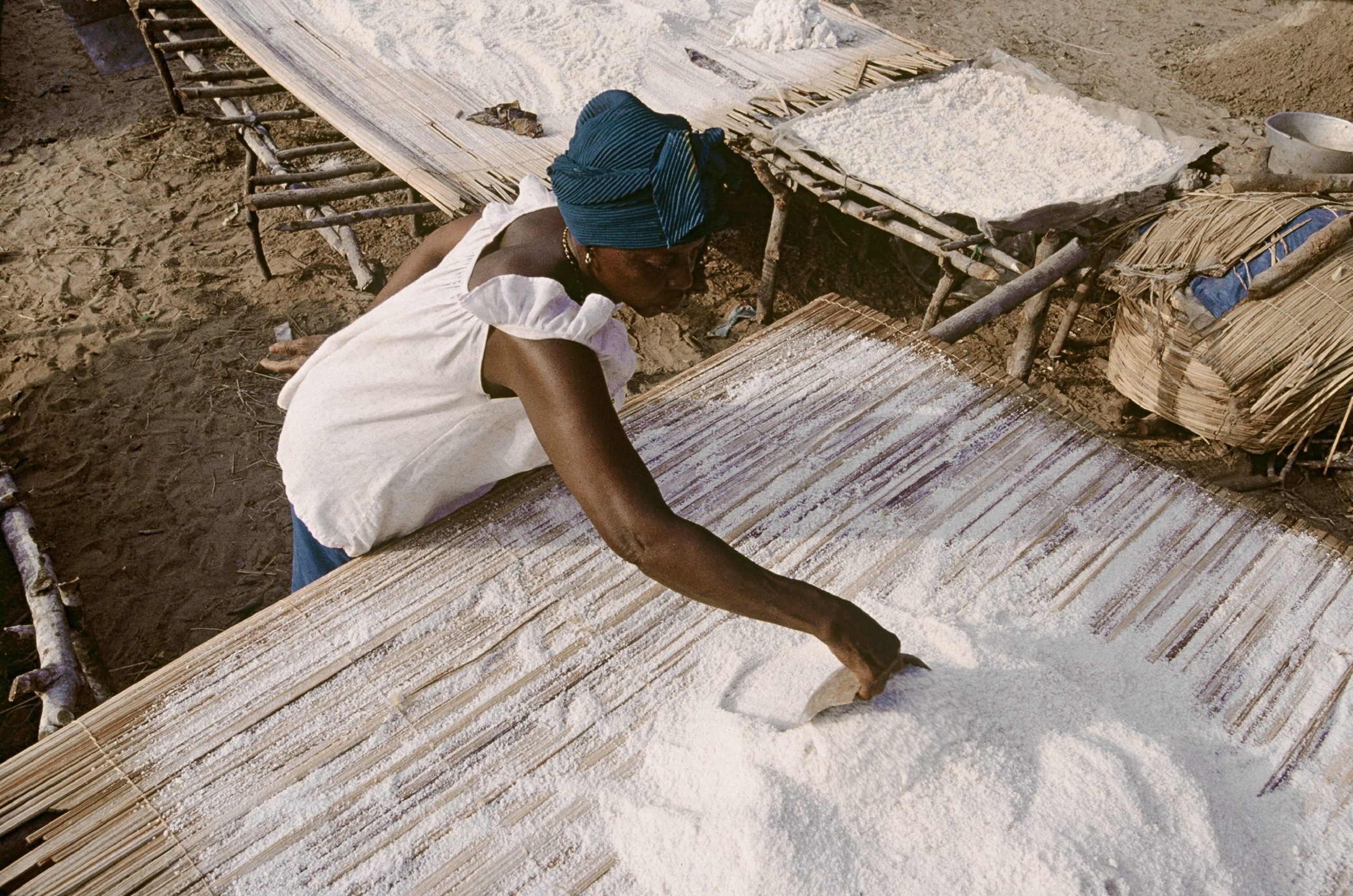
Description of the project: The DEDURAM project aims to improve the livelihoods of women and communities in the mangroves of Guinea-Bissau, through sustainable management of space, energy and natural resources. North-South knowledge exchange and capacity-building of women producers contribute to structure and develop the salt and rice value chain in the mangroves. 2000 family farms,… Read More
Women waste pickers and community organisations of Bogota building a sustainable and inclusive city
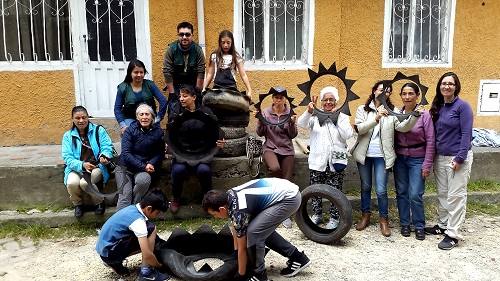
Description of the Project: Started in 2012, this initiative shows the way for a sustainable and gender-responsive city, based on formalizing the activities of 26 women waste pickers as recyclers in Suba, in the south suburbs of Bogota. On this basis, ENDA involved 9 community organisations -3520 citizens- to elaborate a holistic urban concept, including… Read More
Transforming gender relations and turning to sustainable resource use in the Kilum-Ijim Forests of Cameroon
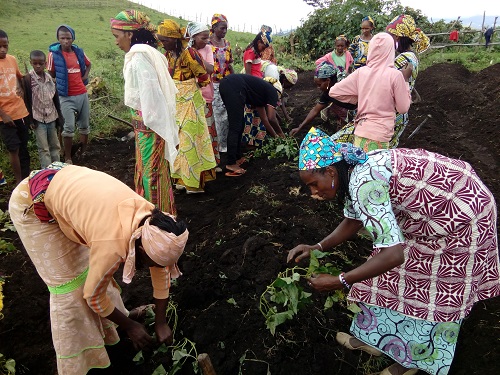
Description of the project: CAMGEW engages local and ethnic women in sustainable forest management, while enhancing their human and socio-economic rights and transforming patriarchal gender relations in the forest communities. Cooperating with Oku local authorities and the government of Cameroon, CAMGEW gives women the opportunity to assume leadership positions of forest institutions and stakeholder platforms…. Read More
Bhungroo – small women farmers owning and developing an innovative rainwater saving technology
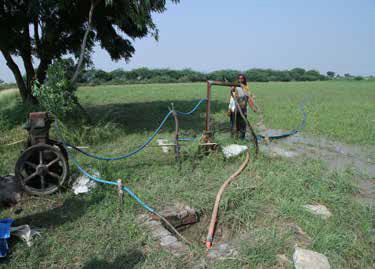
Description of the project: Erratic rain and irrigation scarcity contribute to food insecurity, financial losses and indebtedness for small farmers in India, especially in coastal areas. Bhungroo®, a locally developed rainwater management technology, saves farmers’ crops from waterlogging during monsoons and ensures adequate irrigation during dry seasons. The project relies on trained rural Women Climate… Read More
Women’s formal access to land rights contributes to the fight against deforestation
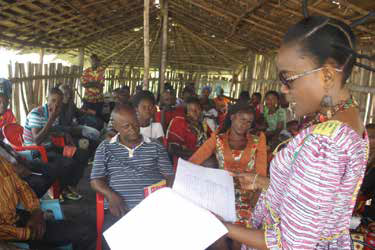
Description of the project: CFLEDD strives for the recognition of women’s land and forest rights in the provinces of Equateur and Maindombe of the DRC, with the aim to strengthen their effective participation in reducing deforestation. An advocacy tool has been built and is used in dialogues between local and indigenous women, customary chiefs and… Read More
Community strategies for climate-resilient livelihoods
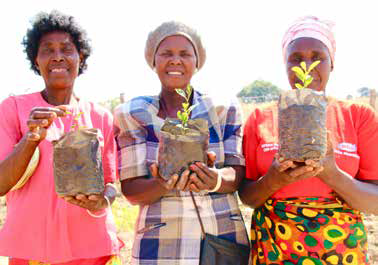
Description of the project: This project develops exemplary climate adaptation strategies in 4 communities of rural Zambia, working on women-farmers’ appropriation of the challenges they are facing, and introducing new and diversified livelihoods. Today’s main beneficiaries are 250 small-scale farming households, but further outreach to 33,000 people is planned, with a focus on women, youth… Read More
Gender assessment of non-timber forest production and capacity building in northern uplands Lao PDR
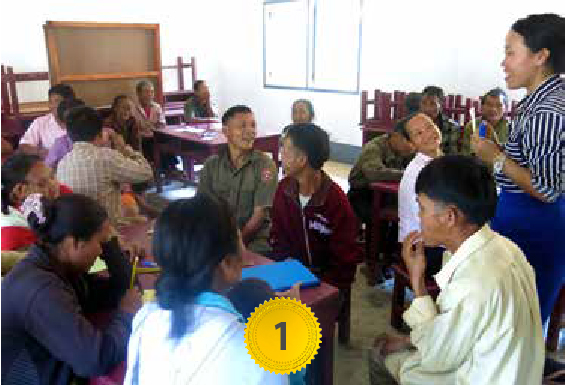
Description of the project: GDA assessed gender roles in the northern rural uplands of Lao PDR, focusing on Non-Timber Forest Production (NTFP). The project used a women’s empowerment lens to bridge traditional harvesting practices with sustainable livelihood initiatives in the target communities. The 4,500 project beneficiaries were women, their families and fellow community members; many… Read More
Women as seed conservation and agro-ecology experts helping their communities resist climate change
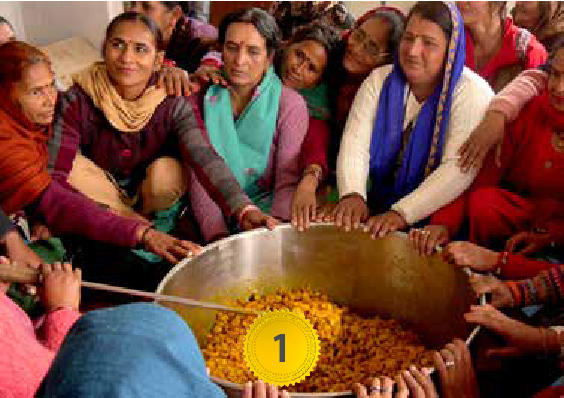
Description of the project: The project “Seeds for Hope” improves the climate resilience, food sovereignty and economic autonomy of farming communities (20,000 people) in the valley of Derhadun, in Northern India, relying on women’s knowledge and action. They are trained to reproduce and conserve local seeds, learn agro-ecological techniques and food transformation, which reinforces their… Read More
